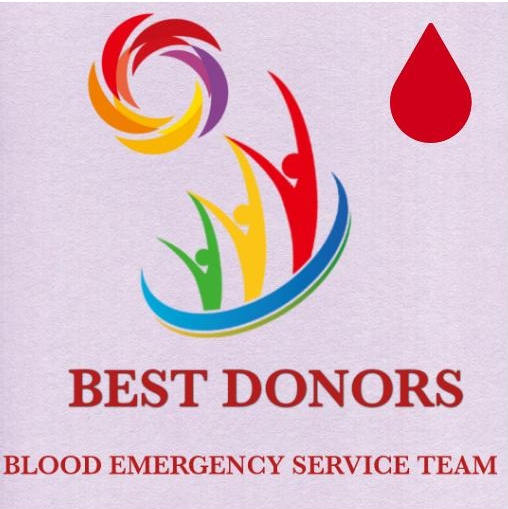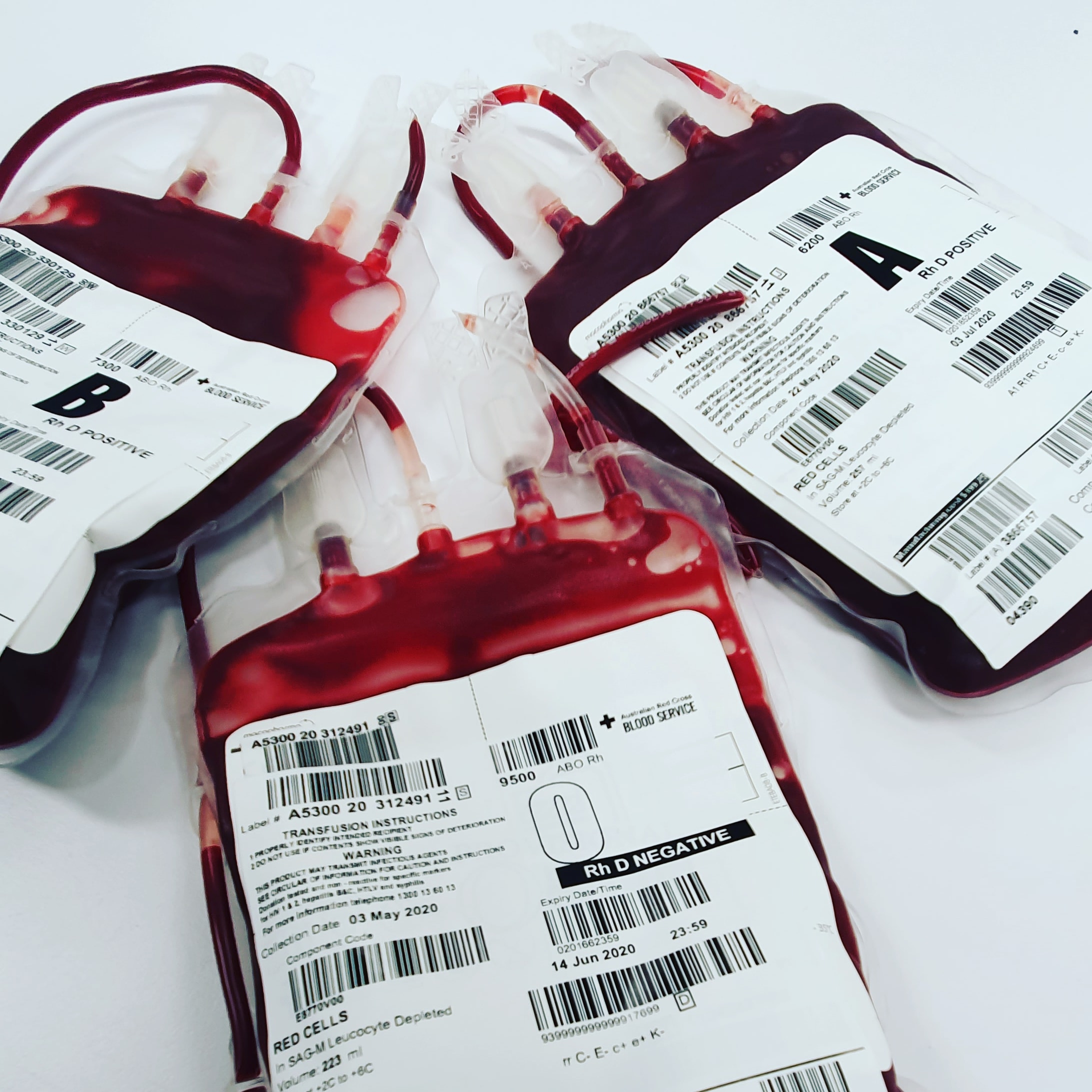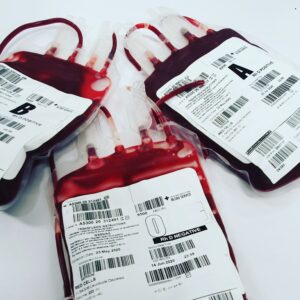Blood banks are a platform between patients and blood donors where they collect blood from donors, preserve it, screen it for diseases and then give to needy patients.
Blood banks charge a processing fee for blood and blood components to cover the operational costs of blood collection, testing, storage, and distribution.
The processing fee varies depending on the type of blood component, the equipment used, the quality standards followed, and the location of the blood bank.
The processing fee does not include any profit or remuneration for the blood donor.
The processing fee for blood and blood components is regulated by the National Blood Transfusion Council (NBTC) under the Ministry of Health and Family Welfare.
The NBTC has issued guidelines on the maximum processing charges for different types of blood components in different states and union territories.
The guidelines also specify that blood banks should provide blood and blood components free of cost to certain categories of patients, such as thalassemia, hemophilia, sickle cell anemia, HIV/AIDS, etc.
The processing fee for blood and blood components is not a charge for the blood itself, but for the services rendered by the blood bank to ensure the safety and quality of the blood products.
The processing fee helps to maintain the standards of blood banking and transfusion services in India.



